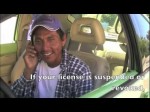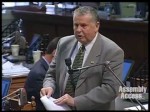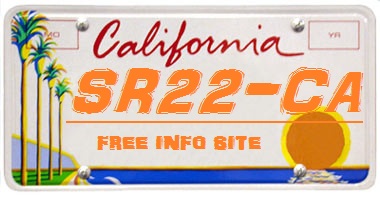
Here are some facts: * 1 vehicle typically produces $2000 in revenue, sometimes more if it is not claimed and then auctioned * In 2009 impounds brought in over $40 million in revenue, shared by tow operators and municipal governments. * In 2009, 24000 vehicles were impounded at California checkpoints because an unlicensed driver was caught at the wheel. * For every one DUI arrest at these sobriety checkpoints, there can be as many as 60 people cited for driving without a license, 60 vehicles seized. * Sobriety checkpoints often result in illegal searches and seizures, violating both the state and federal constitution * Law enforcement frequently target minorities, setting up checkpoints in communities with large concentrations of ethnic and racial populations * These tactics are much less effective in arresting drunk drivers than conducting more generalized roving patrols Impounding Vehicles; Constitutionality: People v. Williams (Dec. 13, 2006) * Impounding vehicles, even pursuant to statute, may be a Fourth Amendment violation unless necessary to prevent it from being a hazard to other drivers, or being a target for vandalism or theft. Ingersoll v. Palmer (Oct 29, 1987) * Supervising officers must be in charge * The sobriety checkpoint must be reasonably located * DUI roadblocks must be publicly advertised * Drivers who don’t wish to stop at the DUI checkpoint must be allowed to leave





